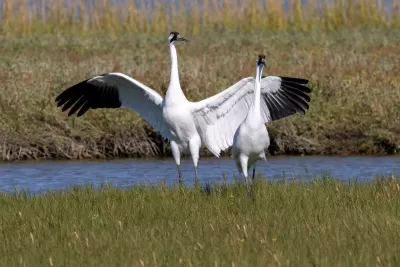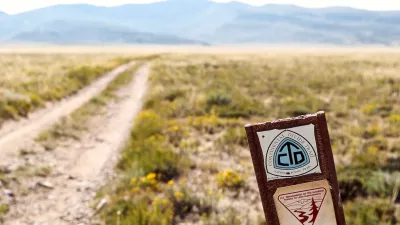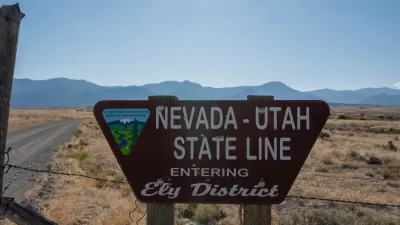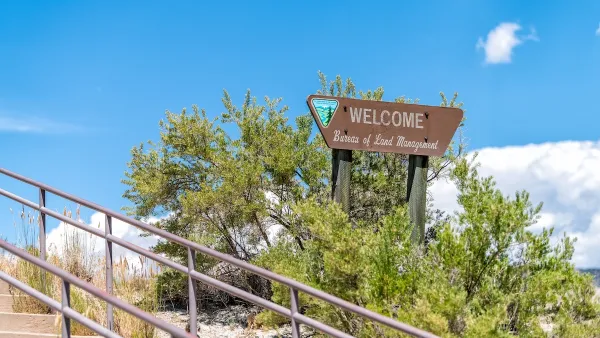The year brought some important victories to advocates for public lands, national monuments, and the reclamation of Indigenous history.

According to The Wilderness Society, despite a potentially grim future for conservation, “From landmark rules that make polluters pay their fair share to the expansion of national monuments, 2024 brought us solid wins worth celebrating—many of which position public lands as a vital part of the solution to the climate crisis.”
An article on the Society’s blog highlights some key wins, such as the Bureau of Land Management’s (BLM) Public Lands Rule. While controversial (and challenged in court) in some states, the rule aims to expand protection for public lands and elevates conservation in the range of potential uses of federally owned lands. “Also in April, the BLM released its Renewable Energy Rule—a step toward accelerating the development of wind and solar projects on public lands, aligning with President Biden’s goal of achieving 100% clean electricity by 2035.”
Meanwhile, President Biden expanded the San Gabriel Mountains National Monument and Berryessa Snow Mountain National Monument in California, “ensuring Californians’ access to nature, protecting important cultural landscapes and preserving critical wildlife habitat.”
Indigenous groups in North Carolina and eastern Tennessee achieved an important win in the movement to reclaim Indigenous names on public lands with the renaming of Kuwohi.
“Significant progress has been made in safeguarding treasured landscapes from drilling and mining, with several key victories highlighting this momentum.” Just after the election, the Biden administration took action to secure key protections for the Arctic National Wildlife Refuge.
FULL STORY: 10 conservation and public lands victories from 2024

Montreal Mall to Become 6,000 Housing Units
Place Versailles will be transformed into a mixed-use complex over the next 25 years.

Planetizen Federal Action Tracker
A weekly monitor of how Trump’s orders and actions are impacting planners and planning in America.

DARTSpace Platform Streamlines Dallas TOD Application Process
The Dallas transit agency hopes a shorter permitting timeline will boost transit-oriented development around rail stations.

Interactive Map Reveals America's “Shade Deserts”
Launched by UCLA and American Forests to combat heat-related deaths, the tool maps the shade infrastructure for over 360 U.S. cities.

Bicycles and Books — In Sacramento, Libraries Now Offer Both
Adult library card holders can check out e-bikes and e-trikes for up to one week.

Colorado Landfills Emit as Much Pollution as 1M Cars
Landfills are the third-largest source of methane pollution in Colorado, after agriculture and fossil fuel extraction.
Urban Design for Planners 1: Software Tools
This six-course series explores essential urban design concepts using open source software and equips planners with the tools they need to participate fully in the urban design process.
Planning for Universal Design
Learn the tools for implementing Universal Design in planning regulations.
City of Mt Shasta
City of Camden Redevelopment Agency
City of Astoria
Transportation Research & Education Center (TREC) at Portland State University
US High Speed Rail Association
City of Camden Redevelopment Agency
Municipality of Princeton (NJ)





























